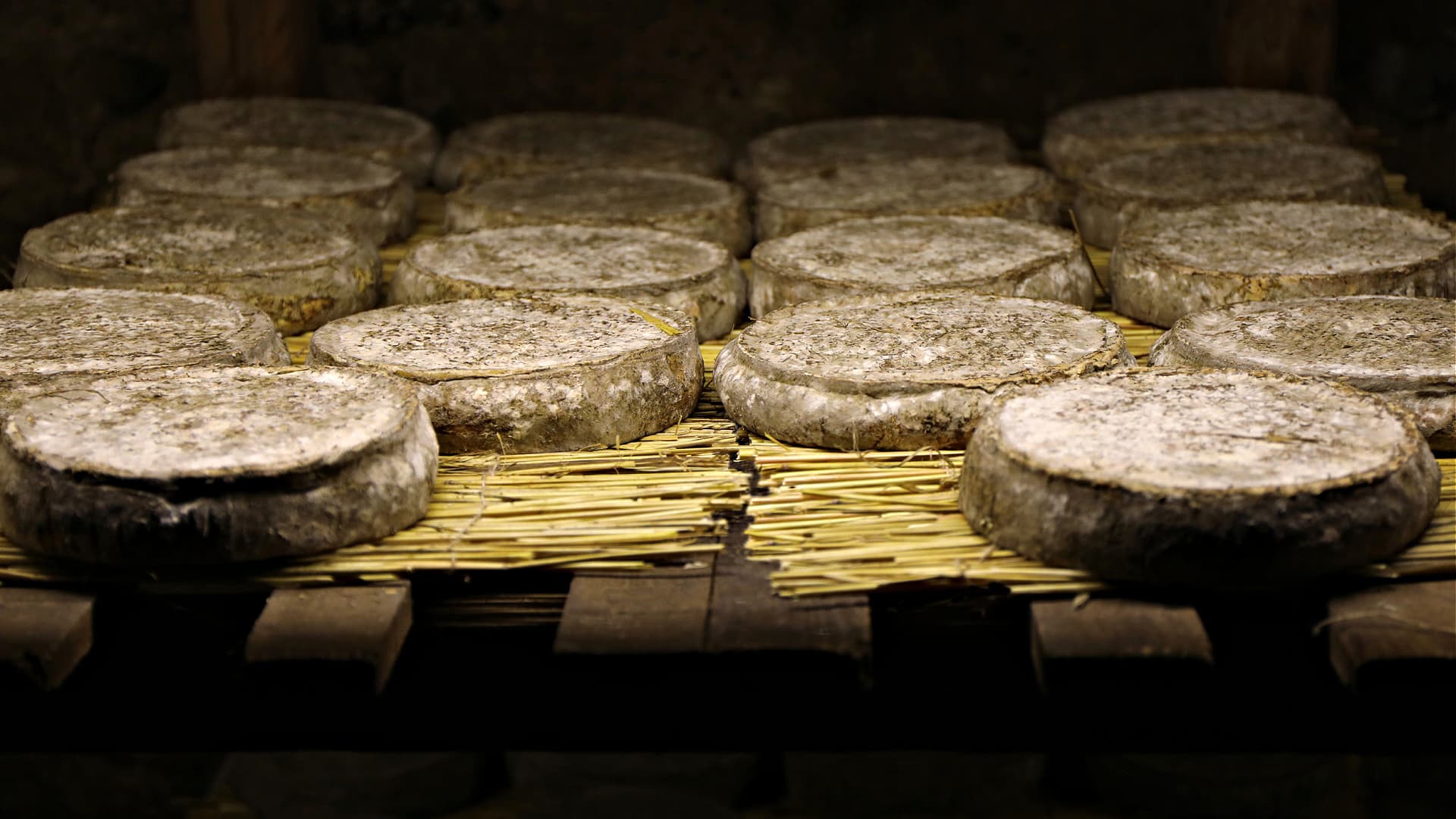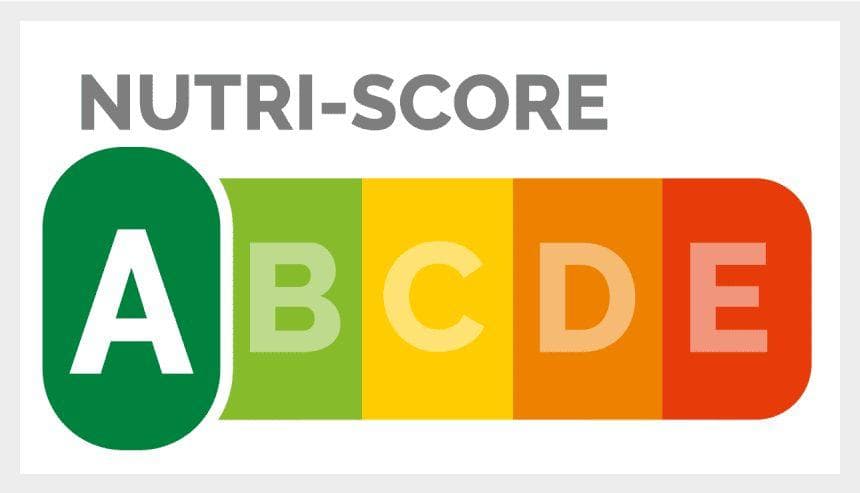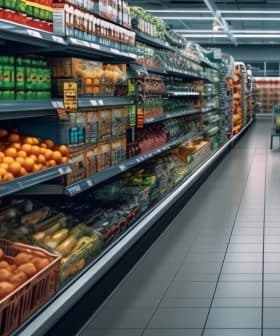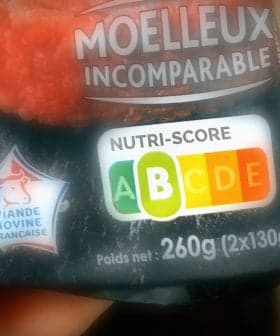French Draft Bill to Exclude PDO and PGI Products From Nutri-Score

The creators of Nutri-Score criticize proposed legislation exempting PDO and PGI products from front-of-pack labeling, arguing it would harm traditional French food products. Nutri-Score assigns grades based on macronutrient content and is seen as a front runner for mandatory adoption in the EU.
The creators of Nutri-Score have criticized the possibility that products with Protection Designation of Origin (PDO) and Protected Geographical Indication (PGI) status from the European Union could be held exempt from the front-of-pack-labeling system.
The exemption is at the crux of proposed legislation signed by 44 members of the French National Assembly in Paris. In their introduction to Proposition of Law 4941, the representatives said the application of Nutri-Score grades to PDO and PGI products would damage the country’s traditional food industry.
The Nutri-Score labeling system, which informs consumers about the nutritional qualities of food, is proving to be unsuitable and extremely penalizing for French food products with a PDO or PGI.
According to Serge Hercberg, Nutri-Score’s creator, excluding these products from the traffic-light-style labeling systems ignores the scientific nature of the FOPL.
Nutri-Score assigns one of five colors (from green to red) and letters (from A to E) to classify a packaged food product based on its macronutrient content per 100 grams or 100 milliliters.

The FOPL’s creators have long said the label is meant to help customers compare different food items from the same groups (e.g., edible oils or breakfast cereals).
See Also:Critics of Nutri-Score Demand Reform to Ratings of PDO and PGI FoodsThe European Commission has said it is evaluating several different FOPLs and will select one for mandatory, E.U.-wide adoption by the end of the year. Nutri-Score is widely seen as the front runner.
“The Nutri-Score labeling system, which informs consumers about the nutritional qualities of food, is proving to be unsuitable and extremely penalizing for French food products with a PDO or PGI, in particular for cheeses,” the French representatives wrote in the proposal.
“More than 90 percent of them get the worst grades and are classified D or E because of their fat, salt and caloric content,” they added.
The representatives further criticized Nutri-Score for using a benchmark measure of 100 grams or milliliters to judge food instead of general serving sizes. They cited cheese as an example and said, “average consumption is around 35 grams per day in France.”
Nutri-Score is also criticized by the proposed law because “it does not provide information on the degree of transformation of the product or the presence of additives, colorings or preservatives, nor on its impact on the environment.”
“Thus, cheeses, made from a list of simple ingredients and without additives, based on proven traditional recipes, are paradoxically less well rated than certain hyper-processed industrial products,” the representatives added.
The representatives also criticized Nutri-Score for not considering the presence of micronutrients, such as vitamins, minerals and trace elements, “while cheese remains the main source of calcium and phosphorus in our diet.”
Although Nutri-Score focuses solely on informing consumers about the nutritional composition of foods, this already represents a lot in terms of public health, as evidenced by the multiple prospective cohort studies.
The representatives fear that the adoption of Nutri-Score would discourage consumers from eating traditional products, such as cheeses, and ban producers from advertising them, as the French Public Health Agency has already recommended that food rated with an Orange‑D or Red‑E should not be advertised.
In a rebuttal to the claims and accusations from legislators on its blog, Nutri-Score’s creators replied that many PDO and PGI products are not exempt from additives while also being subject to ultra-processing.
The researchers added how many PDO and PGI cold cuts include additives such as nitrites, which are added by food manufacturers to preserve them.
The Nutri-Score blog also noted how ultra-processing and nutritional composition “are two different dimensions of foods, each of which has the capacity to impact the health of individuals through different mechanisms.”
According to the Nutri-Score team, the labeling system provides information exclusively on the nutritional composition of foods, which also means that “it cannot include the other health dimensions of foods in its calculation: ultra-processing, additives, neo-transformed compounds.”
See Also:PDO Cheese Producers Say Nutri-Score Ignores Italian Culinary TraditionThe researchers said there is no logo available anywhere that summarizes all dimensions of foods through a single and reliable indicator. This is a limit of nutritional logos “that must be accepted.”
“It is not by chance, and certainly not by incompetence, that no research team in the world, no public health structure, no national or international committee of experts, nor even the World Health Organization has been able to design such a synthetic indicator today,” the Nutri-Score creators wrote.
Rebuking the thesis of the proposed law, Nutri-Score researchers said that “although Nutri-Score focuses solely on informing consumers about the nutritional composition of foods, this already represents a lot in terms of public health, as evidenced by the multiple prospective cohort studies involving large population samples followed over many years, showing the link between the fact of generally eating foods better classified by Nutri-score and the lower risk of chronic diseases: cancers, cardiovascular disease, obesity.”









